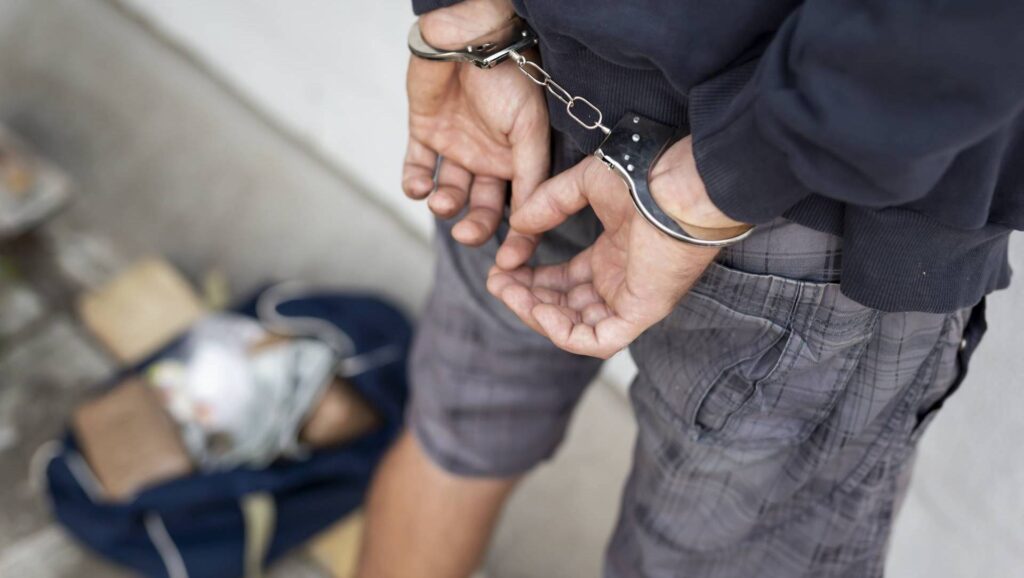Immigration in the U.S. is a complex process that can be daunting to approach. There are many channels for requesting to begin the process of earning a green card, each with its own set of requirements and paperwork. One track is meant to assist women who have been victims of violence. The survivors may qualify to use VAWA to apply for a green card as a way to seek safety and a chance for a new life that no longer involves abuse and violence.
What Is VAWA?
VAWA stands for the Violence Against Women Act, first passed by the U.S. Congress in 1994 and reauthorized in 2022 to last until at least 2027. It’s designed to provide support for women who are victims of domestic violence, sexual assault, dating violence, and stalking.
The support takes myriad forms, including social services, housing, legal assistance, and prevention programming, among many other benefits.
How Does VAWA Apply to Getting a Green Card?
To start with, regular immigration law states that if someone is the spouse, child, or parent of a U.S. citizen or lawful permanent resident (LPR), the citizen or LPR is the one who has to apply for citizenship for the spouse, child, or parent. If the citizen or LPR is an abuser, they may refuse to apply for immigration as another form of abuse. Because the immigrant can’t apply on their own, they’re in a gray area legally in terms of residency in the U.S. and likely unable to apply for various benefits they might otherwise be eligible for.
With VAWA, the victim of abuse can do what’s called self-petition. That means they can apply for a green card on their own without the citizen or LPR. If the green card is approved, that can represent both a way out of the abusive situation as well as a way to avail themselves of resources that could help them not only out of the abuse but to find ways to become self-supporting and seek help for the trauma the abuse caused.
What Are the Eligibility Requirements to Be Able to Self-Petition for a Green Card Through VAWA?
There are several, and some may seem vague, which is why working with an experienced immigration attorney is recommended.
- The abuser must be a U.S. citizen or LPR. The only exception to this is if the abuser loses their citizenship or LPR status due to domestic violence. The victim can petition through VAWA in that situation.
- Relationship with an abusive U.S. citizen or LPR. This requirement is filled in one of three ways: You must be married to the U.S. citizen or LPR, be a child of the citizen or LPR, or be a parent of the citizen or LPR.
- It’s important to understand that if authorities find evidence that the marriage was only undergone as a way to allow someone to immigrate, they won’t qualify. However, if the marriage appears legitimate but ended within two years of applying for VAWA, the abused spouse may still be eligible for the green card.
- The petitioner must have suffered some form of abuse by the citizen or LPR. For the purposes of immigration, the victim must have received abuse from the abuser through an act or threatened act of violence. The abuse is not just physical but psychological, sexual, incest, or forced prostitution.
- Must be in the U.S. when petitioning and must have lived with the abusive citizen or LPR at some point. The petitioner has to reside in the U.S. when applying for VAWA. It cannot be done from other countries. They must also have lived with the abuser at some point, even if they no longer do.
- The petitioner must be a person of good moral character. This is based on proving you were a person of good moral character for three years before petitioning via VAWA. That can include compiling evidence in terms of police records from every city the victim lived for a minimum of six months, tax returns, and testimony from friends and family who are willing to state for the record that the victim is of good moral character.
Are Only Adult Women Included in VAWA?
No. Although “women” in the name of the act seems to imply it’s only adult females, in reality, any abused person, regardless of age or gender, can apply if they meet the requirements above.
If the victim is married to the abuser and they have underage children, the victim may be able to apply on behalf of those minor children as well.
What Is “VAWA Cancellation of Removal”?
If the victim is already undergoing deportation proceedings before an immigration judge and is abused, you can apply for a VAWA cancellation of removal. If approved, that can cancel the deportation proceedings and allow you to receive legal permanent residence.
As with all aspects of immigration, this is a legally precise process that benefits from having knowledgeable legal assistance. The critical part is already being in the deportation process. Call us for help and guidance on applying for VAWA cancellation of removal to improve your chances of being approved.
What Should I Do if a Loved One or I Want to Apply for A Green Card Under VAWA?
Call us as soon as possible at 857-347-3701 to request a free family immigration case evaluation. Immigration is a complicated procedure that’s best not tackled alone. There are several requirements that must be met, and our experienced family immigration attorneys have the knowledge and insight to help the process go as smoothly as possible.











